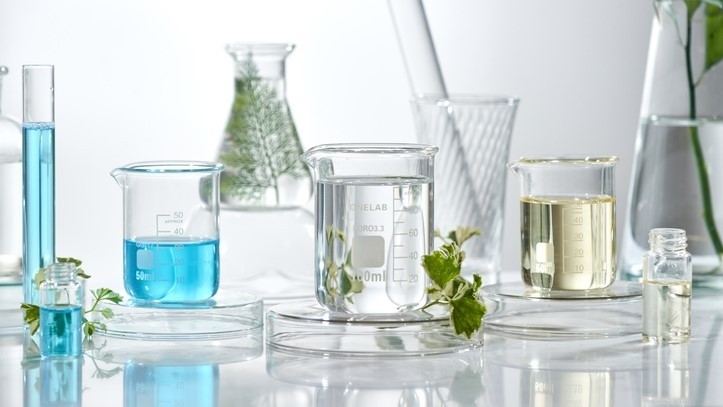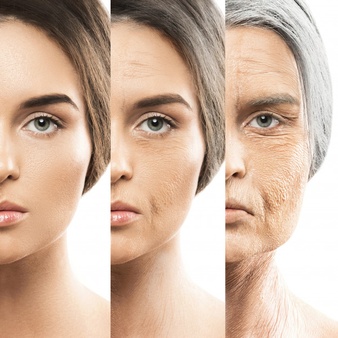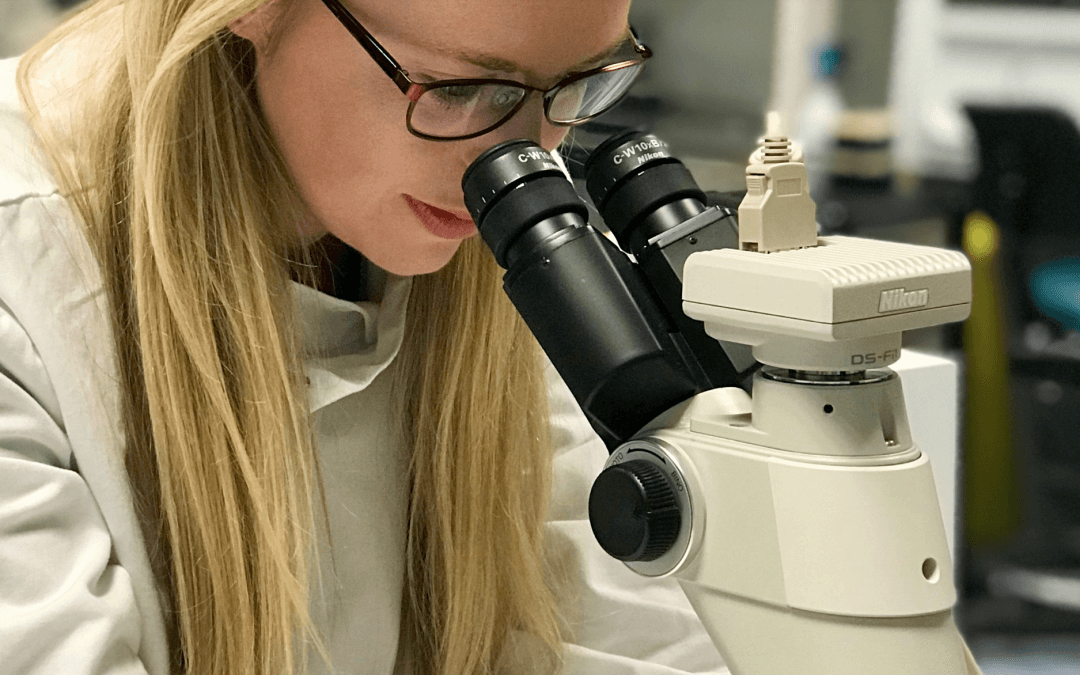The cosmetics industry is definitely one of the fastest-growing industries worldwide. Growing interests and influences of modern lifestyles, grooming, and beauty products are treated equally to health additions. Natural medicated cosmetics are also becoming more and more popular due to their stable properties, nutritional support, and physiological utility, compared to products made from synthetic chemicals.

Fucoidan, a natural sulfated polysaccharide in brown algae, is proven to have a wide range of physiological effects such as radical scavenging, antioxidant, anti-inflammatory, and antiviral antithrombotic, and anticancer action.
In the past, fucoidan was reported to have skin-improving and beautifying effects as a cosmetic ingredient. It also prevents and reduces age-related skin symptoms such as wrinkles and age spots. This blog introduces information on Choospora Minima collected on the south coast of Sri Lanka through the study, “The potential of fucoidan from Choospora minima and Sargassum polycystum in cosmetics antioxidant, anti-inflammatory, skin-whitening, and antiwrinkle” by LP Shanura Fernando and others. In the research, Choospora Minima (CMF) derived from fucoidan and Sargassum Polycystum (SPF) derived from fucoidan on the south coast of Sri Lankafucoidan were introduced, and the verification contents of antioxidant action anti-inflammatory, whitening action, and antiwrinkle action were done.

First, the antioxidant activity of CMF and SPF was evaluated using electron spin resonance. Due to their oxidative effects, reactive oxygen radicals cause harmful skin symptoms such as irregular pigmentation, degeneration of connective tissues, inflammatory reactions, and, in severe cases, deformation. In this experiment, the scavenging ability of various radicals was evaluated by comparing with vitamin C, which has strong antioxidant power. As a result, the antioxidant capacity against DPPH and alkyl radicals can be expected.
Next, they evaluated the antioxidant activity by comparing the existence of CMF and SPF addition by using RAW264.7 cells. Inflammation plays an essential role in the body’s defenses. However, if it is out of control, it can cause various skin problems. As a result of the experiment, they observed the expression to reduce in a dose-dependent manner that inflammatory cytokines (PGE2, TNF-α, IL-1β, IL-6) in which the causative factors of inflammatory symptoms, and inflammatory mediator synthase (COX-2, i-NOS) which involved in the release of physiological substances at the inflammatory site (Fig. 1).
Next, they examined the whitening effect. The inhibitory effect on melanin synthesis was evaluated using B16F10 melanoma cells by comparison with albumin. As a result, both CMF and SPF4 showed an inhibitory effect on the melanin synthase tyrosinase, and melanin synthesis was significantly reduced (Fig. 2).
Finally, they evaluated the antiwrinkle effect. In the experiment, the inhibitory effect on collagenase, which is a fibrous connective tissue degrading enzyme, and elastase was assessed by comparison with epigallocatechin gallate. As a result, CMF and SPF reduced the activation of collagenase and elastase in a dose-dependent manner (Fig. 3). The study thus confirmed in vitro that fucoidan, known for its various functions, has promising results as a raw material for cosmetics. It is expected that fucoidan will be utilized in the cosmetics field in the future.



